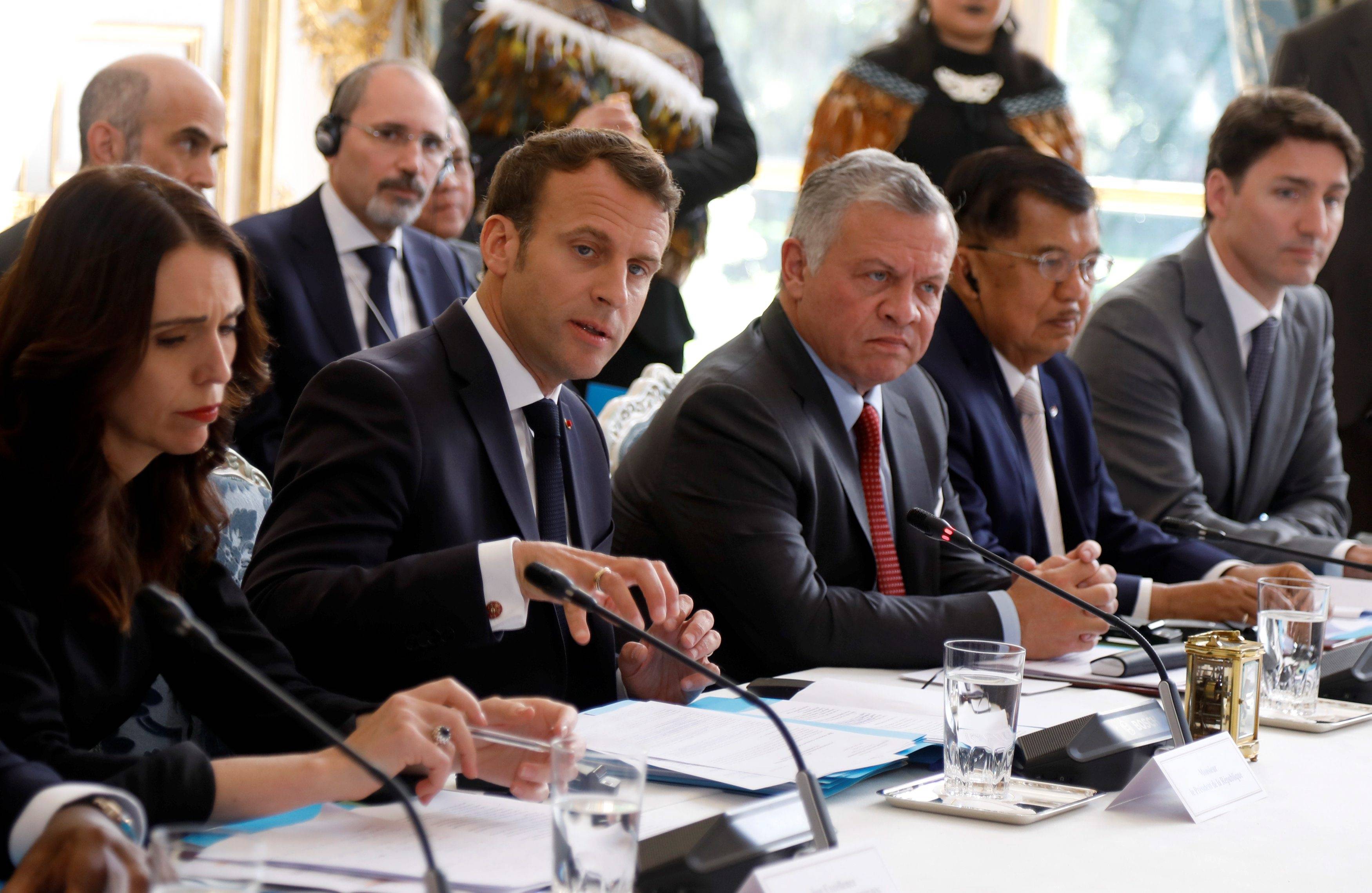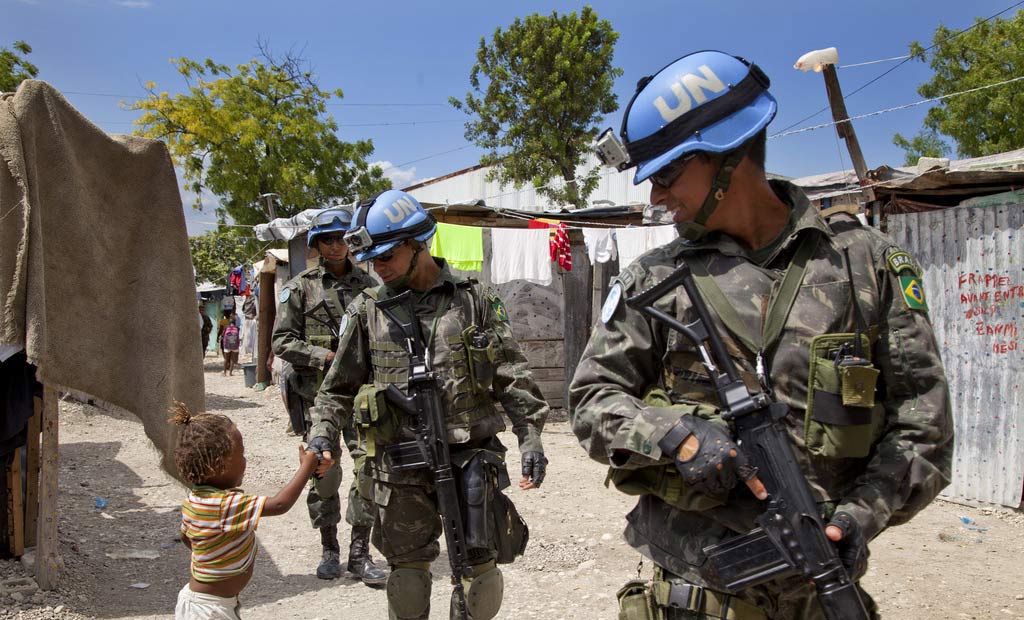The civil conflict in Syria has proven to be one the of the world’s largest humanitarian crises. There are over 4 million internally displaced people within Syria, and over 2 million refugees that have fled into neighboring countries, with Jordan being one of them. Currently there are over 500,000 Syrian refugees, with 3,000 crossing every day. Nearly half of these refugees are living in a large UN refugee camp, but the rest are relying on care from various NGOs, among them is IsraAid.
IsraAid is an Israeli humanitarian group with years of experience in Africa and other regions. The first team from IsraAid arrived in Jordan in June 2013, and began distributing emergency supplies and hygiene kits. Each emergency package is suitable for a family of 6-8 people for one month and includes:
- Food items: sugar, rice, powdered milk, beans, cans of tuna, tomato paste, lentils, soups, cheese, pasta and tea.
- Non-food Items: Blankets, clothes, mattresses, cooking utensils.
Since IsraAid began its operation in 2013, over 10 tons of aid were distributed and more than 7,000 people have been helped.
Though, unlike other NGOs committed to relieving the suffering endured by Syrian refugees, IsraAid must do so discreetly, removing any labeling that would identify the aid packages as coming from or being paid for by Israelis. Syria is still technically at war with Israel, as a peace agreement was not signed after the Yom Kippur War in 1973. “We don’t announce with trumpets that we’re Israeli,” an IsraAid worker told the Jewish Telegraph Agency. “There is no need for that. Once you let that cat out of the bag, everything starts to blow up.” Most of the aid workers interviewed requested anonymity, as well as the Jordanian NGOs partnered with IsraAid. Working with Israelis, they said, could endanger their work and the lives of the refugees they help.
One of the aims of IsraAid’s operation in Jordan is to demonstrate that the Jewish state is not the oppressor that it is often portrayed as in media outlets. Initially, some of IsraAid’s donors were reluctant to fund its work in Jordan, as they feared being involved in the Syrian-Israeli conflict. From the Israeli side, the involvement could provoke negative sentiments and demonstrations from Israeli citizens, baffled by the choice to assist “the enemy.” Though Syrians may be too preoccupied with the ongoing civil war, they might face discrimination for accepting Israeli assistance. However, aid workers say that when refugees actually do discover the Israeli connection, they are grateful for the help, despite its political implications. It seems that IsraAid’s aim of providing humanitarian aid while creating a better image for Israel might be working.




